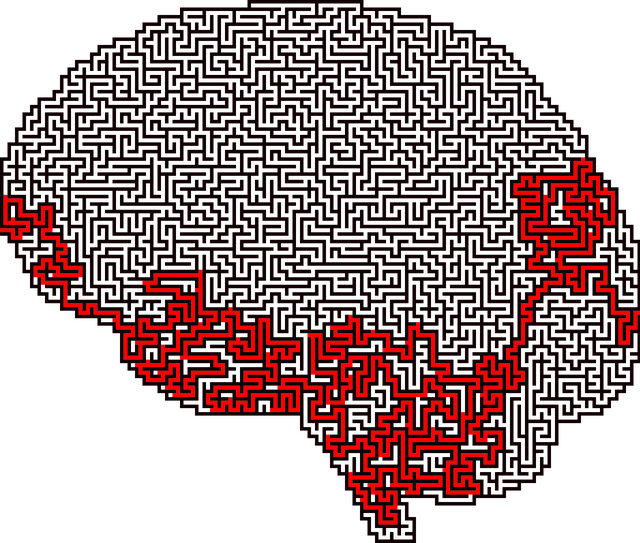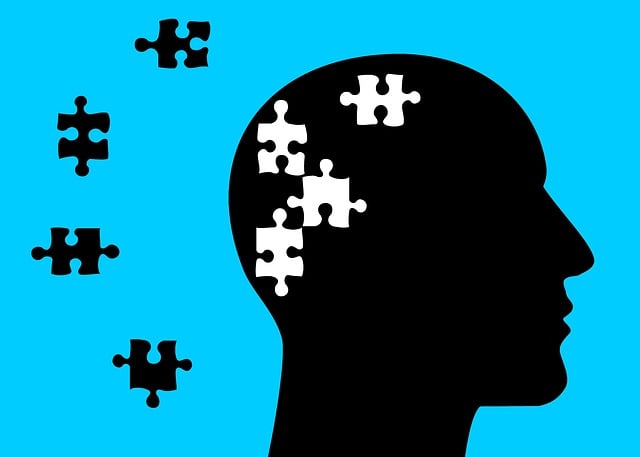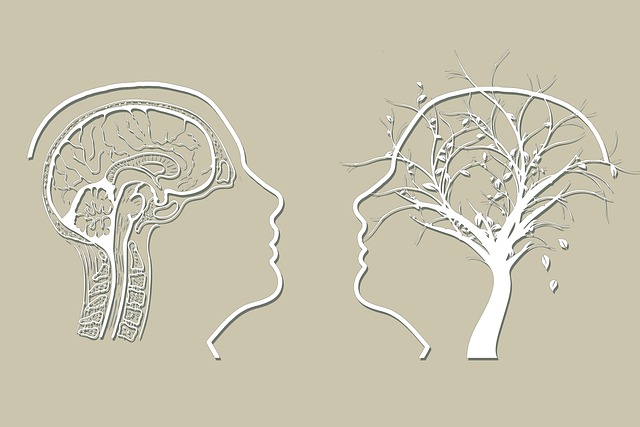Longmont Divorce Therapy offers comprehensive support for the mental health challenges that arise from divorce. Using evidence-based practices like Cognitive Behavioral Therapy (CBT), mindfulness techniques, and relaxation exercises, they help clients develop resilience and emotional intelligence to navigate the stress and turmoil of separation. This holistic approach promotes cultural sensitivity, personal growth, and long-term mental well-being, empowering individuals to face divorce with enhanced coping strategies.
Stress reduction is a vital component of mental well-being, especially for individuals navigating complex life changes like divorce. This article explores effective strategies to manage stress, with a focus on Longmont Divorce Therapy. We delve into understanding the impact of divorce on mental health and introduce evidence-based methods such as Cognitive Behavioral Therapy (CBT) and mindfulness practices. Additionally, we provide practical coping strategies to build resilience among clients seeking support through Longmont Divorce Therapy.
- Understanding Stress: The Impact of Divorce on Mental Health
- Cognitive Behavioral Therapy (CBT): A Powerful Tool for Stress Management
- Mindfulness and Relaxation Techniques for Daily Relief
- Building Resilience: Coping Strategies for Longmont Divorce Therapy Clients
Understanding Stress: The Impact of Divorce on Mental Health

Stress resulting from divorce can significantly impact an individual’s mental health and overall well-being. The process of separation and divorce is often emotionally taxing, leading to a range of negative feelings that can be challenging to manage. Longmont Divorce Therapy offers specialized support for individuals navigating this life transition, addressing the unique psychological effects of divorce.
In addition to direct emotional distress, divorce introduces various stressors related to legal matters, financial obligations, and lifestyle changes. These multifaceted challenges can overwhelm an individual’s coping mechanisms, especially if they lack appropriate support systems or professional guidance. Risk Management Planning for Mental Health Professionals plays a crucial role in equipping therapists with strategies to aid clients in these situations. By fostering Inner Strength Development and facilitating Emotional Healing Processes, therapists can empower individuals to cope with divorce-related stress effectively.
Cognitive Behavioral Therapy (CBT): A Powerful Tool for Stress Management

Cognitive Behavioral Therapy (CBT) has established itself as a powerful tool for stress management, offering individuals effective coping mechanisms to navigate challenging situations. This therapeutic approach focuses on identifying and modifying negative thought patterns and behaviors that contribute to heightened stress levels. By addressing these underlying issues, CBT equips clients with enhanced emotional intelligence, enabling them to respond to stressful events more adaptively.
In the context of Longmont Divorce Therapy, for instance, CBT can play a pivotal role in helping individuals cope with the emotional turmoil associated with separation and divorce. The therapy facilitates a deeper understanding of one’s thoughts and behaviors, allowing clients to challenge and reframe negative perspectives. This process fosters cultural sensitivity in mental healthcare practice by recognizing and respecting diverse viewpoints and experiences. Increased mental health awareness through CBT promotes healthier ways of managing stress, fostering resilience and personal growth.
Mindfulness and Relaxation Techniques for Daily Relief

In today’s fast-paced world, stress has become an all too common companion for many individuals navigating life’s challenges. However, incorporating mindfulness and relaxation techniques into daily routines can offer profound relief, serving as a powerful tool for anyone seeking mental health awareness and self-esteem improvement. Longmont Divorce Therapy emphasizes the importance of these practices in fostering mental wellness.
One effective method is deep breathing exercises, a simple yet potent tool accessible to everyone. Taking a few minutes each day to focus on slow, controlled breaths can help calm the mind and body. Additionally, mindfulness meditation encourages individuals to stay present, observing thoughts and sensations without judgment. This practice, inspired by ancient traditions, has gained popularity through various mental wellness podcast series production, showcasing its effectiveness in reducing stress and promoting overall well-being.
Building Resilience: Coping Strategies for Longmont Divorce Therapy Clients

Building resilience is a crucial aspect of Longmont Divorce Therapy, empowering clients to navigate the challenges that come with divorce. The process involves developing effective coping strategies to manage stress and promote mental well-being. By fostering resilience, individuals can better handle the emotional turmoil associated with separation, ensuring they maintain a sense of stability and self-care during this transformative period.
Longmont Divorce Therapy integrates various techniques, such as cognitive-behavioral therapy, mindfulness practices, and supportive counseling, to help clients build mental health policy analysis and advocacy skills. These strategies encourage individuals to identify and challenge negative thought patterns, adopt healthier coping mechanisms, and develop a strong support network. Additionally, burnout prevention is addressed through teaching stress management techniques, allowing clients to prioritize self-care and prevent emotional exhaustion. Through these comprehensive approaches, Longmont Divorce Therapy aims to enhance mental health awareness and resilience, enabling individuals to emerge from the divorce process with greater strength and adaptability.
In conclusion, managing stress is a vital aspect of navigating the challenges posed by divorce. By understanding the impact of divorce on mental health and utilizing effective tools like Cognitive Behavioral Therapy (CBT), mindfulness practices, and resilience-building strategies, individuals can find relief and promote healing during this transformative period. Longmont Divorce Therapy offers comprehensive support, empowering clients to cope with stress and build a brighter future.













